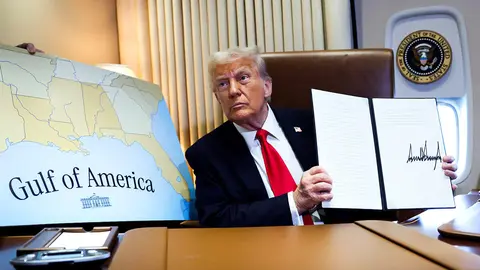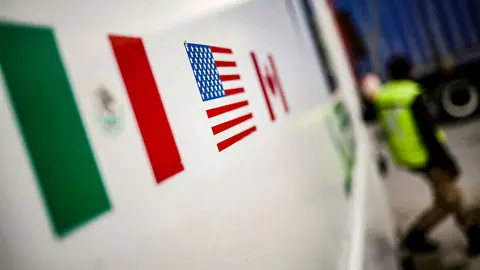Trump announces that tariffs on Mexico and Canada will come into effect next week
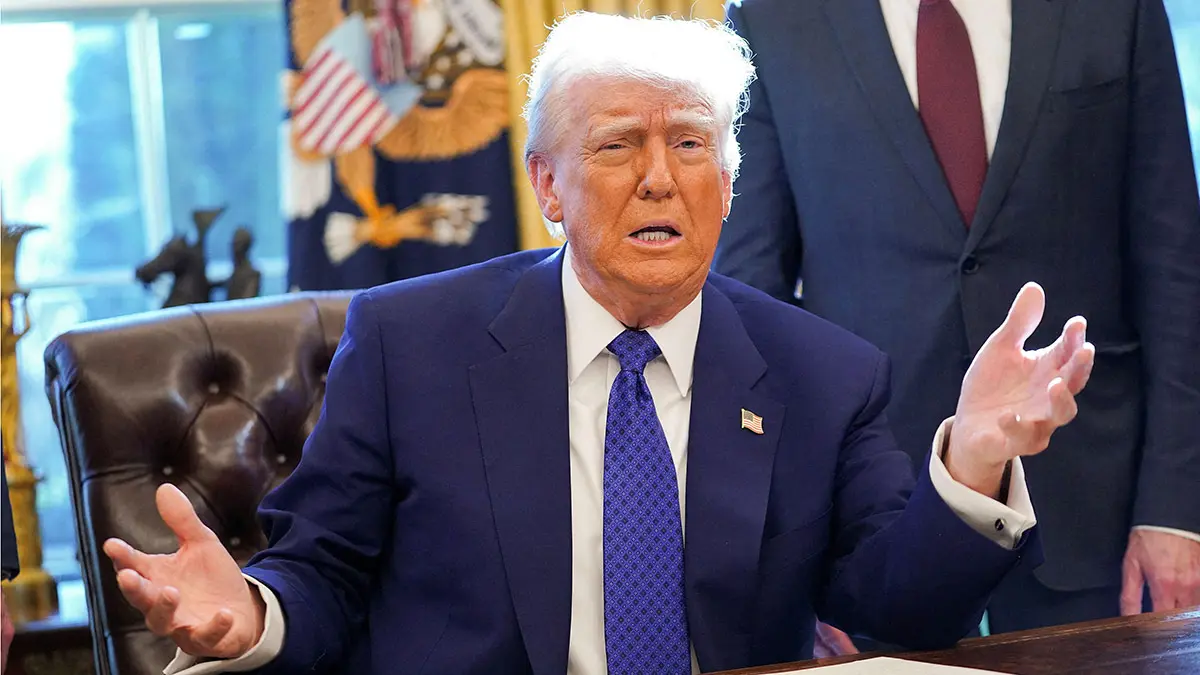
President Donald Trump announced that he will impose tariffs on Canada and Mexico starting next Tuesday, and will also double the 10% tariff on products from China.
Via the social network Truth Social, the US president stated that illicit drugs, such as fentanyl, are being smuggled into the United States at ‘unacceptable levels’ and that these new import taxes will force other countries to take stricter measures against trafficking.
‘We cannot allow this to continue to hurt the United States, and therefore, until it is stopped or seriously curtailed, the proposed tariffs will take effect on 4 March,’ the Republican president wrote, adding that China ‘will also be assessed an additional 10% tariff on that date’.
The possibility of an escalation in tariffs has generated uncertainty in the global economy, with consumers concerned about a possible increase in inflation and a negative impact on the automotive sector and other industries if Trump decides to increase taxes on imports.
Trump plans to impose tariffs of 25% on imports from Mexico and Canada, as well as a reduced tax of 10% on Canadian energy products such as oil and electricity. The measure, apparently related to drug trafficking and immigration, has generated a strong reaction from Mexico and Canada.
The Mexican president, Claudia Sheinbaum, expressed her hope of being able to talk to Trump to reach an agreement on the measure. In this context, she emphasised that Mexico's security officials were working closely with their US counterparts to exchange intelligence, which would enable significant arrests to be made in the United States.
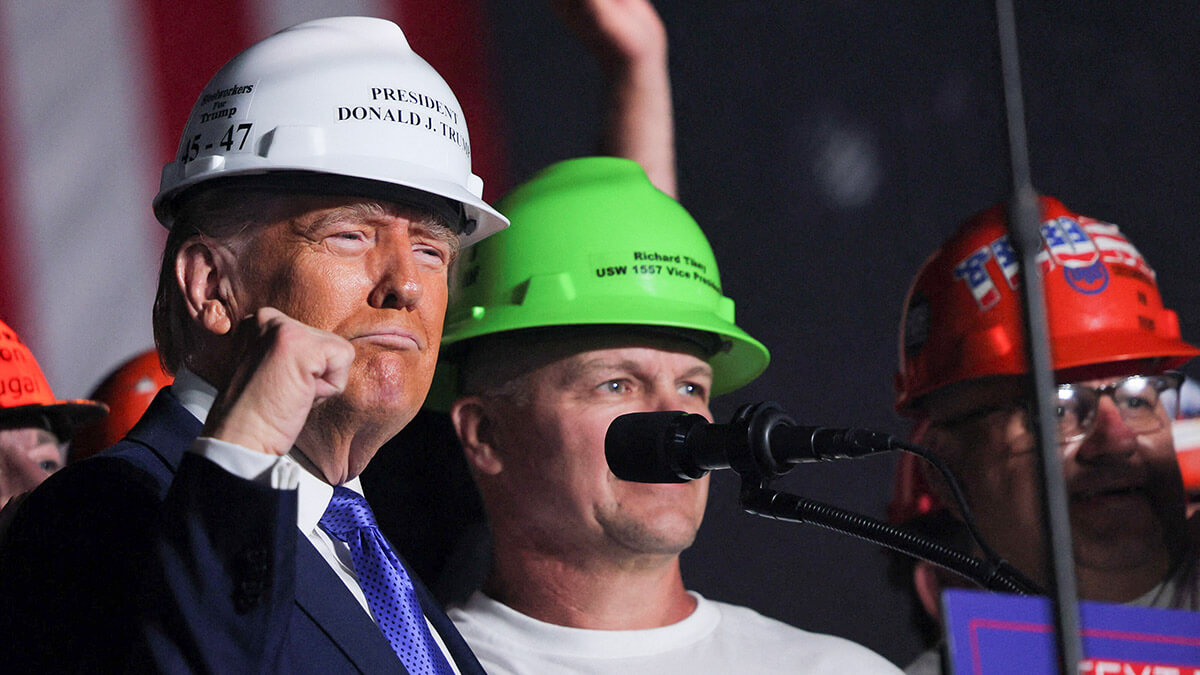
For his part, Canadian Prime Minister Justin Trudeau emphasised that his country has invested more than one billion Canadian dollars in strengthening border security. He also indicated that ministers and officials from his government are in Washington this week to continue negotiations.
These tariffs were due to come into force in February, but Trump finally agreed to postpone them for 30 days after a phone call with the Mexican president and the Canadian leader. In return, both promised to strengthen the border with the United States to fight organised crime and drug trafficking.
‘There is no emergency for the United States on the Canadian border when it comes to fentanyl, and that is exactly what we are demonstrating at the moment,‘ said Trudeau, who explained that if the United States goes ahead and imposes tariffs, they would have '30 billion dollars' worth of US products that will be subject to tariffs’. ‘And 125 billion dollars in tariffs to be applied three weeks later,’ he added.
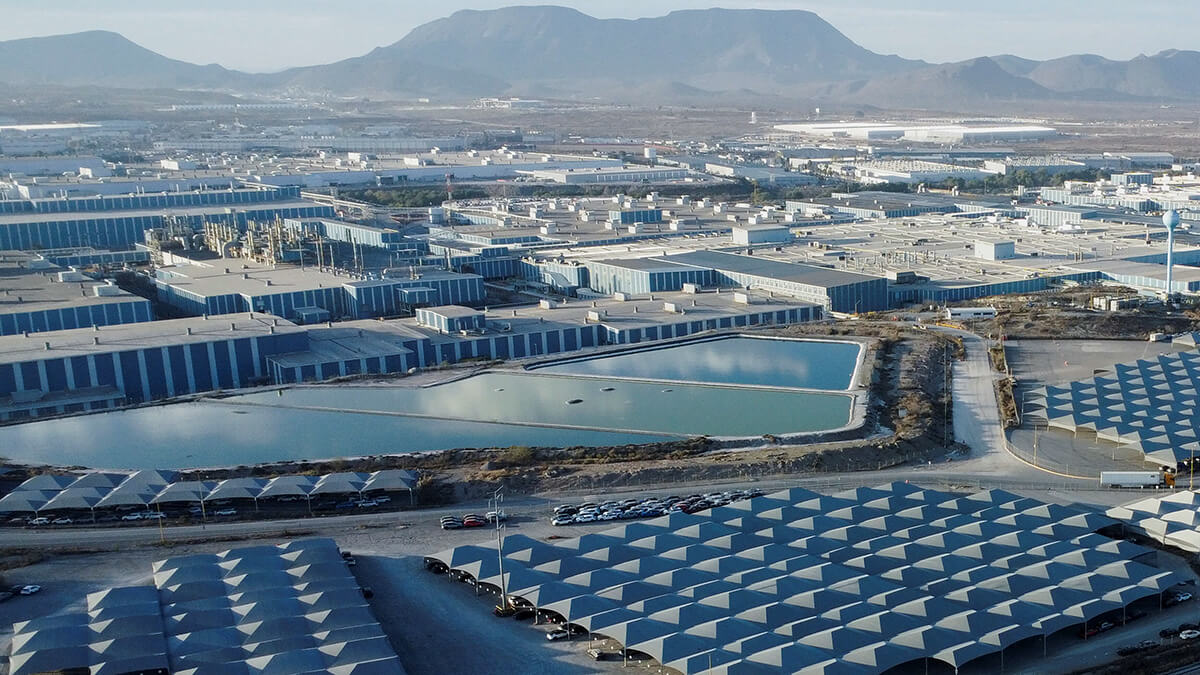
Regarding China, Trump imposed a 10% tariff on the Asian giant for its role in the manufacture of chemicals used to produce fentanyl, and that tax would now be doubled, according to his post on social media.
Shortly afterwards, China's Minister of Commerce, Wang Wentao, sent a letter to Jamieson Greer, the newly confirmed US Trade Representative, stressing that trade differences should be resolved through dialogue and negotiations.
On the other hand, Trump also indicated that European countries would also face a 25% tariff as part of his reciprocal measures. He also stated his intention to impose additional tariffs on cars, computer chips and pharmaceutical drugs, which would be applied separately from the reciprocal tariffs.
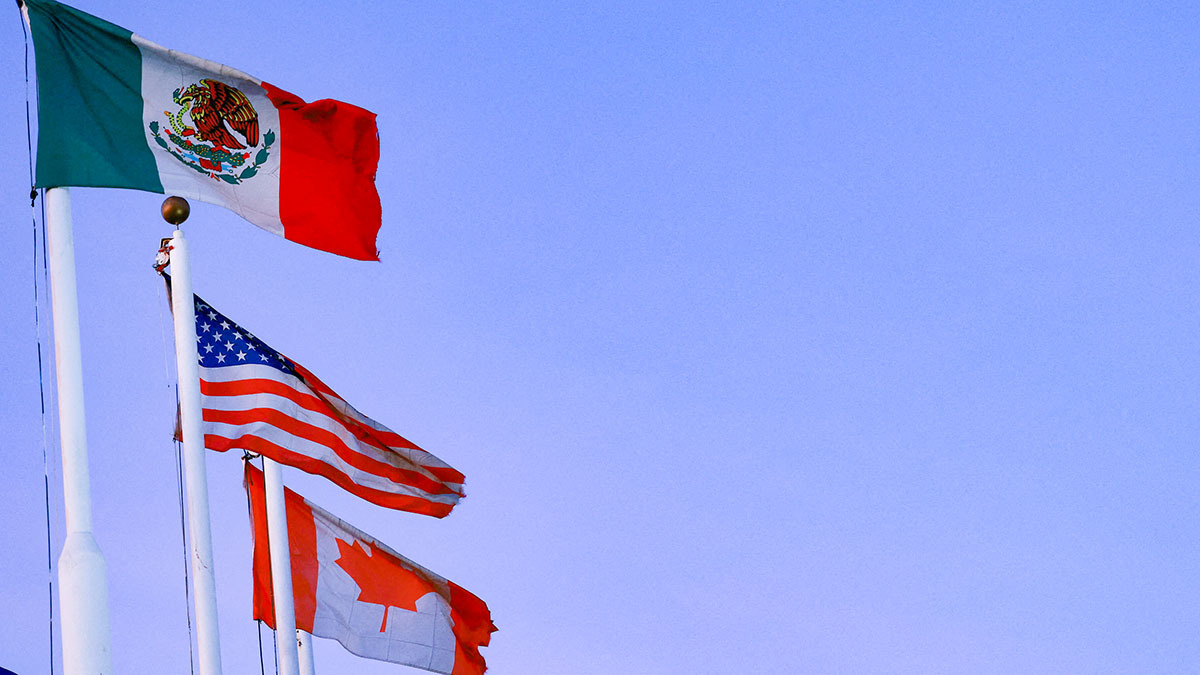
The possibility of a wider trade conflict, if other nations implement retaliatory tariffs, is already causing concern among US consumers, which could undermine Trump's promise to boost the national economy.
For the moment, the threat of new tariffs has already caused fear in the stock market, with the S&P 500 index falling 1.6% on Thursday. Currently, the S&P 500 is only 1.4% above its level after Trump's victory in the November elections, losing practically all the gains that the president used to mention as proof of an economic recovery.

